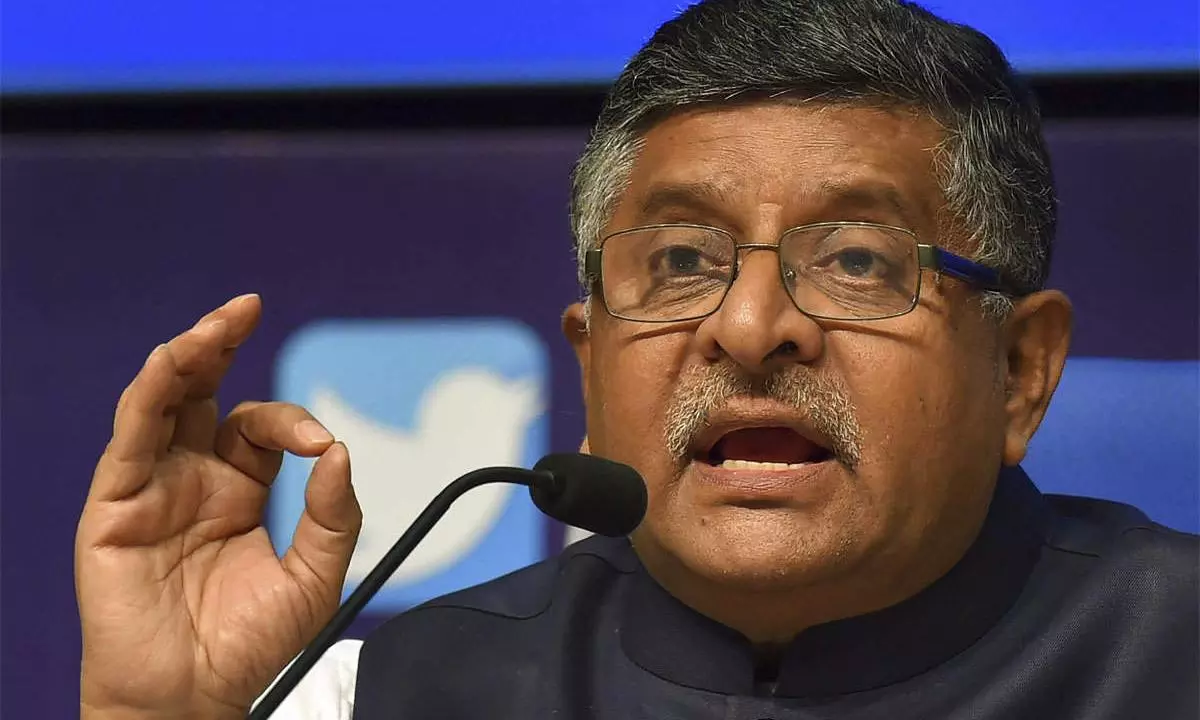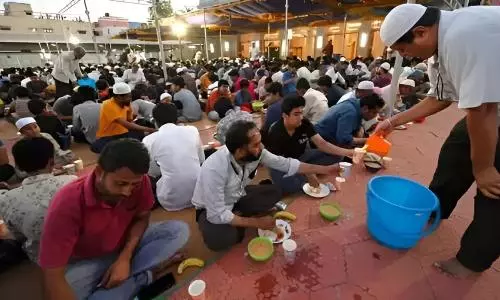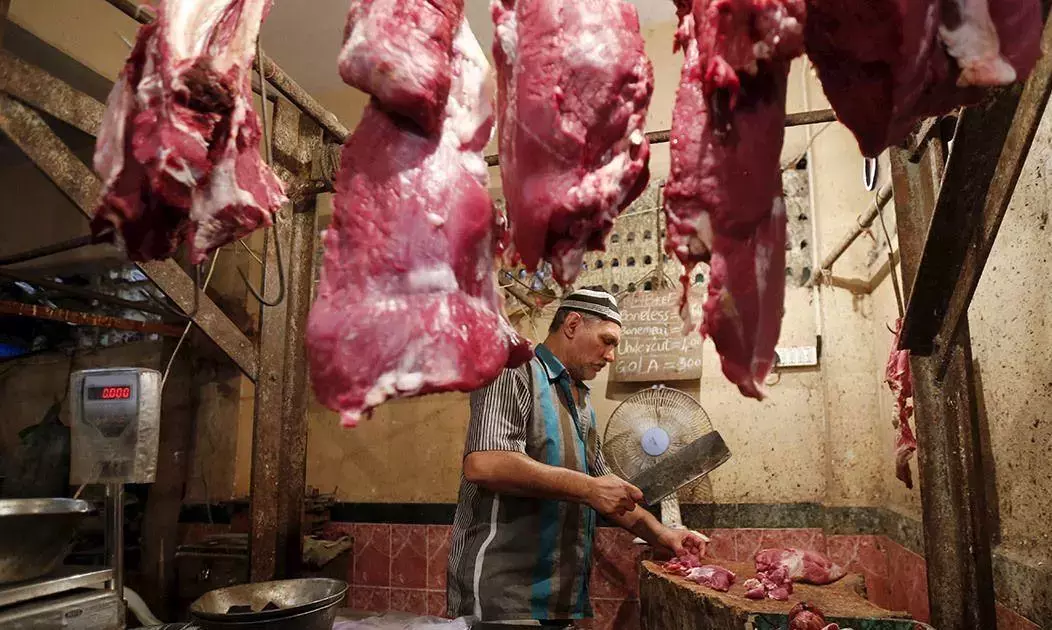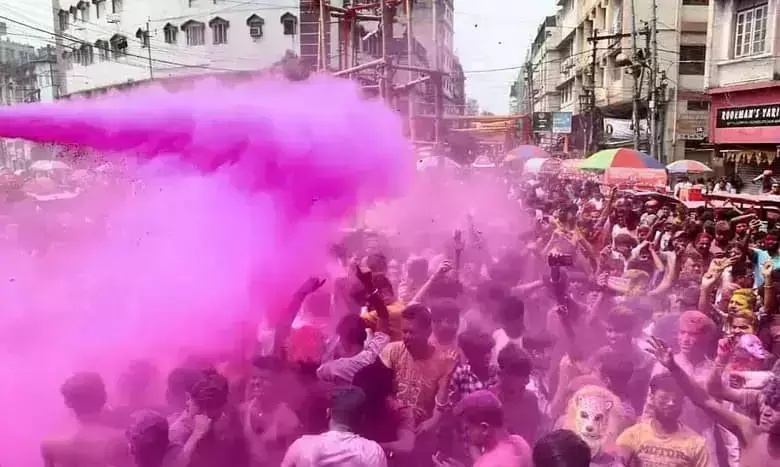

Govt respects Right to Privacy; India's IT Minister counters WhatsApp
text_fieldsNew Delhi: As WhatsApp moved the Delhi High Court against the new rules for intermediaries saying they would violate privacy, the Ministry of Electronics and Information Technology on Wednesday clarified that the Government respects the right to privacy and has no intention to violate it when requiring WhatsApp to disclose the origin of a message.
In a press release, Electronics and IT Minister Ravi Shankar Prasad clarified that it also has to maintain law and order and ensure national security. It also added that as per all established judicial dictum, no fundamental right, including the right to privacy, is absolute and it is subject to reasonable restrictions.
"The requirements in the Intermediary Guidelines pertaining to the first originator of information are an example of such a reasonable restriction," it said.
Such requirements are only in case when the message is required for prevention, investigation or punishment of "very serious offences" related to the sovereignty and integrity of India, the security of the State, friendly relations with foreign states, or public order, or of incitement to an offence relating to the above or in relation with rape, sexually explicit material or child sexual abuse material, it said.
Moreover, such information can only be sought as per a process sanctioned by the law thereby incorporating sufficient legal safeguards.
Prasad also assured that none of the measures proposed by India will impact the normal functioning of WhatsApp in any manner whatsoever and for the common users, there will be no impact.
He also added that the rules enacted by Indian government are not rules enacted in isolation but have global precedence.
He said that a communique released by the governments of the United Kingdom, United States, Australia, New Zealand and Canada in July 2019 had asked tech companies to include mechanisms in the design of their encrypted products and services where governments can gain access to data in a readable and usable format.
The Minister claims that the (Indian) government is asking much less than what some of the other countries have demanded pointing out the case of Brazil, where it asks WhatsApp to provide suspects' IP addresses, customer information, geo-location data and physical messages
Therefore, he said that WhatsApp's attempt to portray the Intermediary Guidelines of India as contrary to the right to privacy is misguided.
Meanwhile, the Ministry of Electronics and Information Technology (MeitY), has asked social media platforms to furnish details of compliance with the new "The Information Technology Intermediary (Guidelines and Digital Ethics Code) Rules, 2021. The three-month window that the Central Government provided to social media platforms such as Facebook, Twitter, etc. to comply with the new social media rules, ended yesterday.
Facebook-owned instant messenger WhatsApp, in a petition in Delhi High Court on Wednesday, said that enabling identification of the first originator of information on its platform in India puts end-to-end encryption and its benefits at risk, as it urged the court to pass direction to declare this requirement ultra vires the IT Act.
The Information Technology (Guidelines For Intermediaries And Digital Media Ethics Code) Rules, 2021 were notified by the Centre on February 25, 2021, to inter alia regulate the social media intermediaries by imposing a code of ethics and mandating a three-tier grievance redressal framework.
The Rules provide 16-due diligence steps to be followed by intermediaries in India. This includes an obligation to not host, store or publish any information which is prohibited by virtue of it not being in the interest of public order; decency or morality; sovereignty and integrity of India; security of the State; etc.
The Rules also empower the Centre to ask messaging platforms like 'WhatsApp', 'Facebook messenger', 'Telegram' to trace the 'first originator' of messages.






















